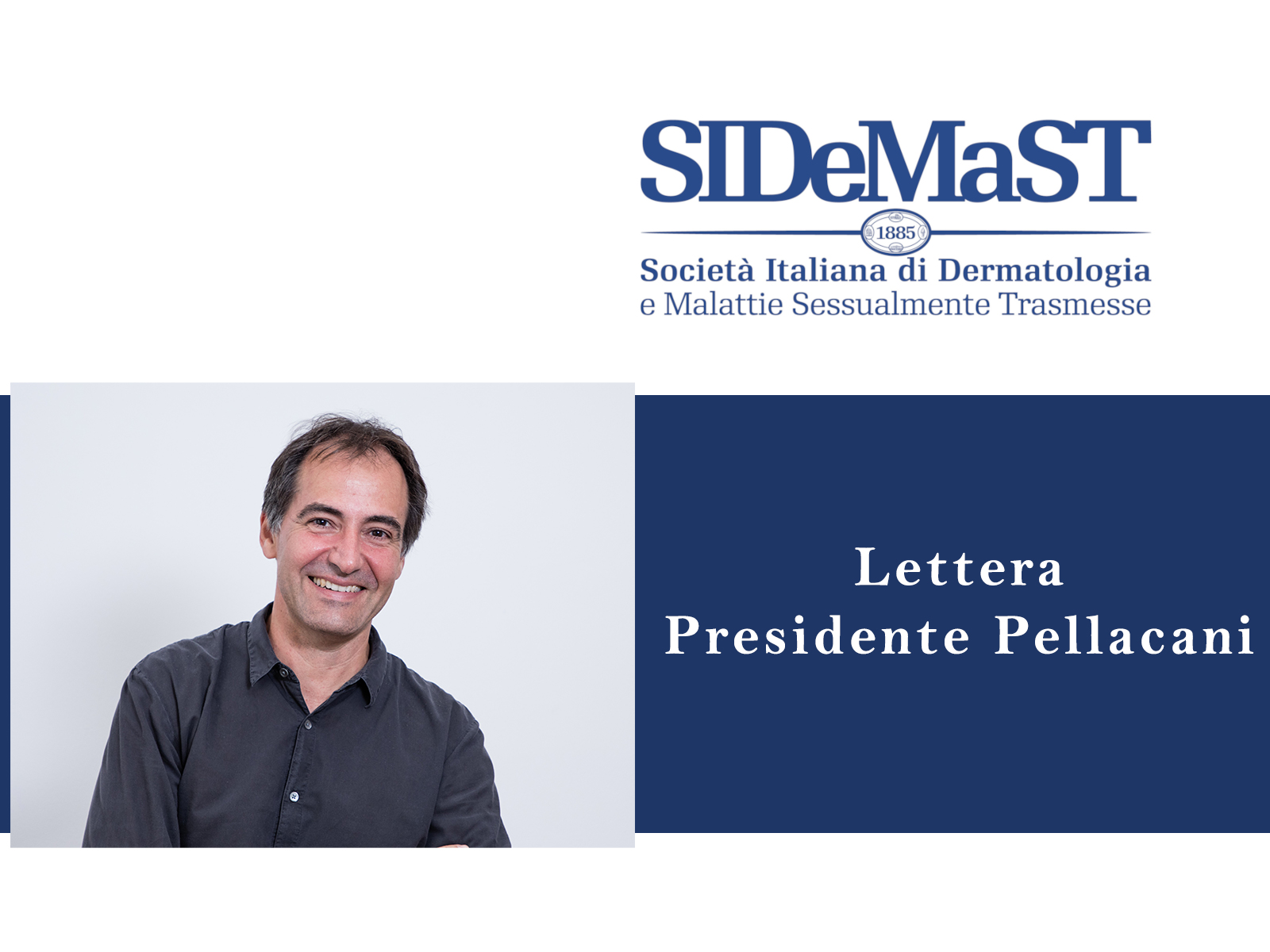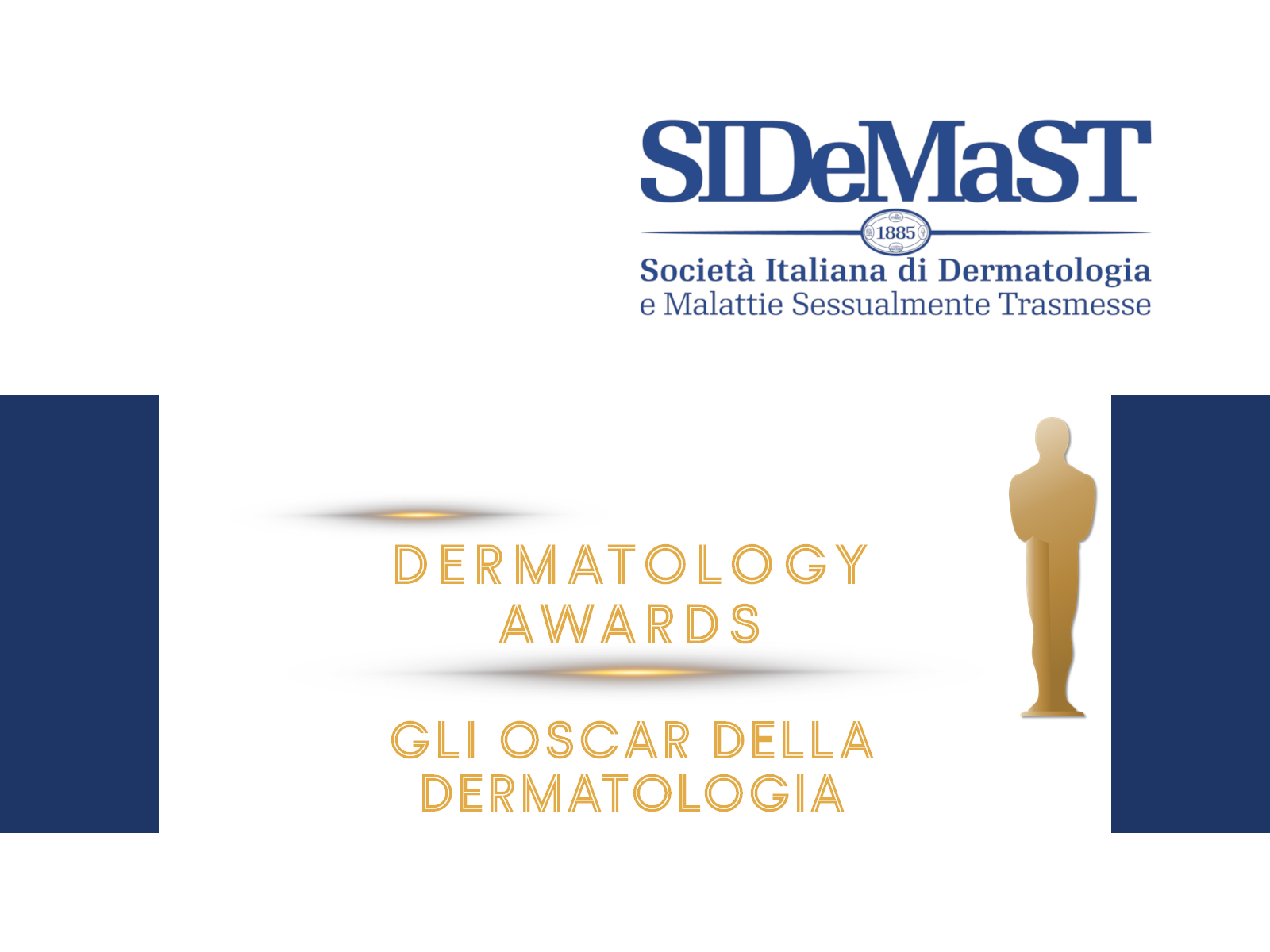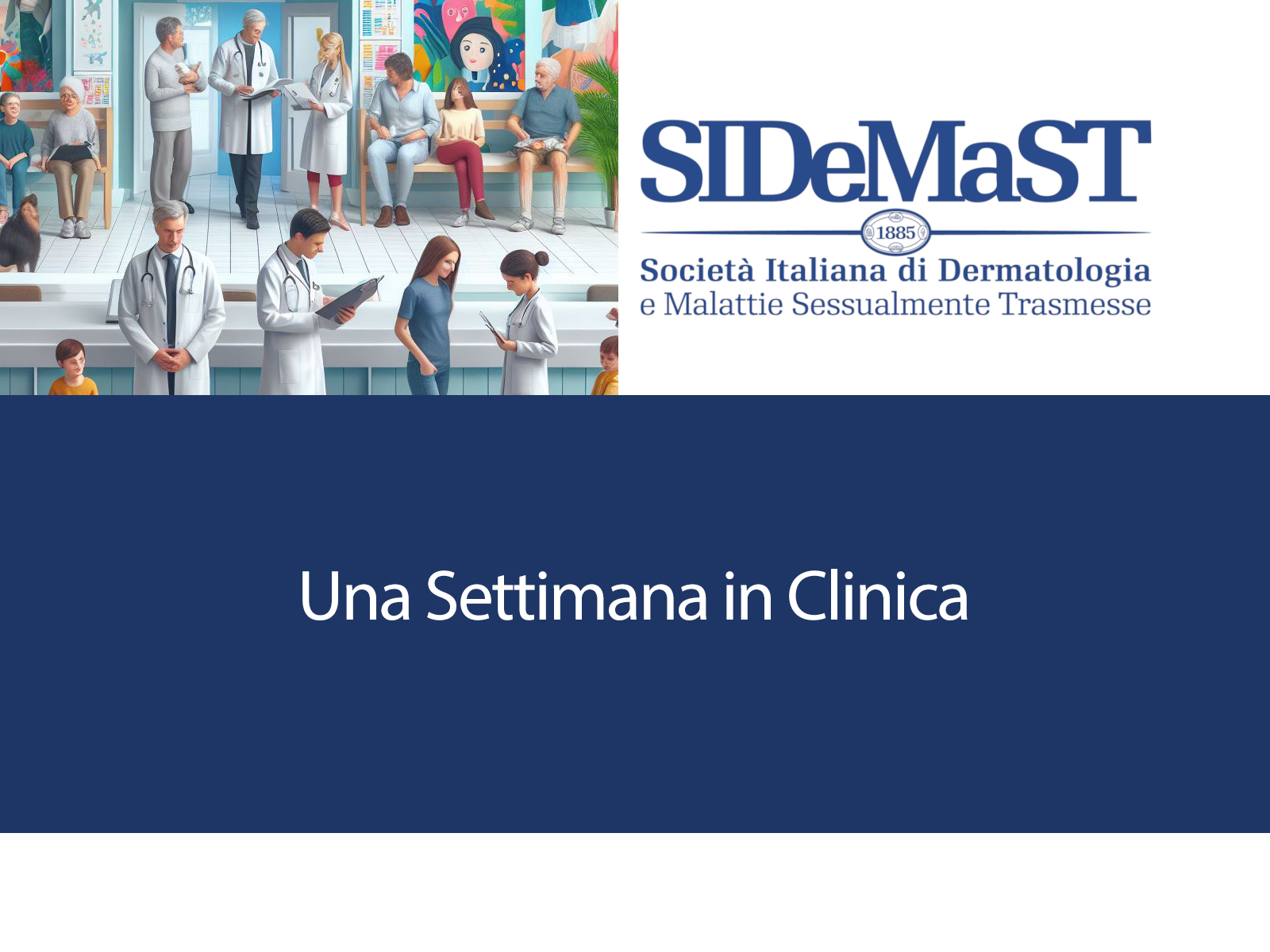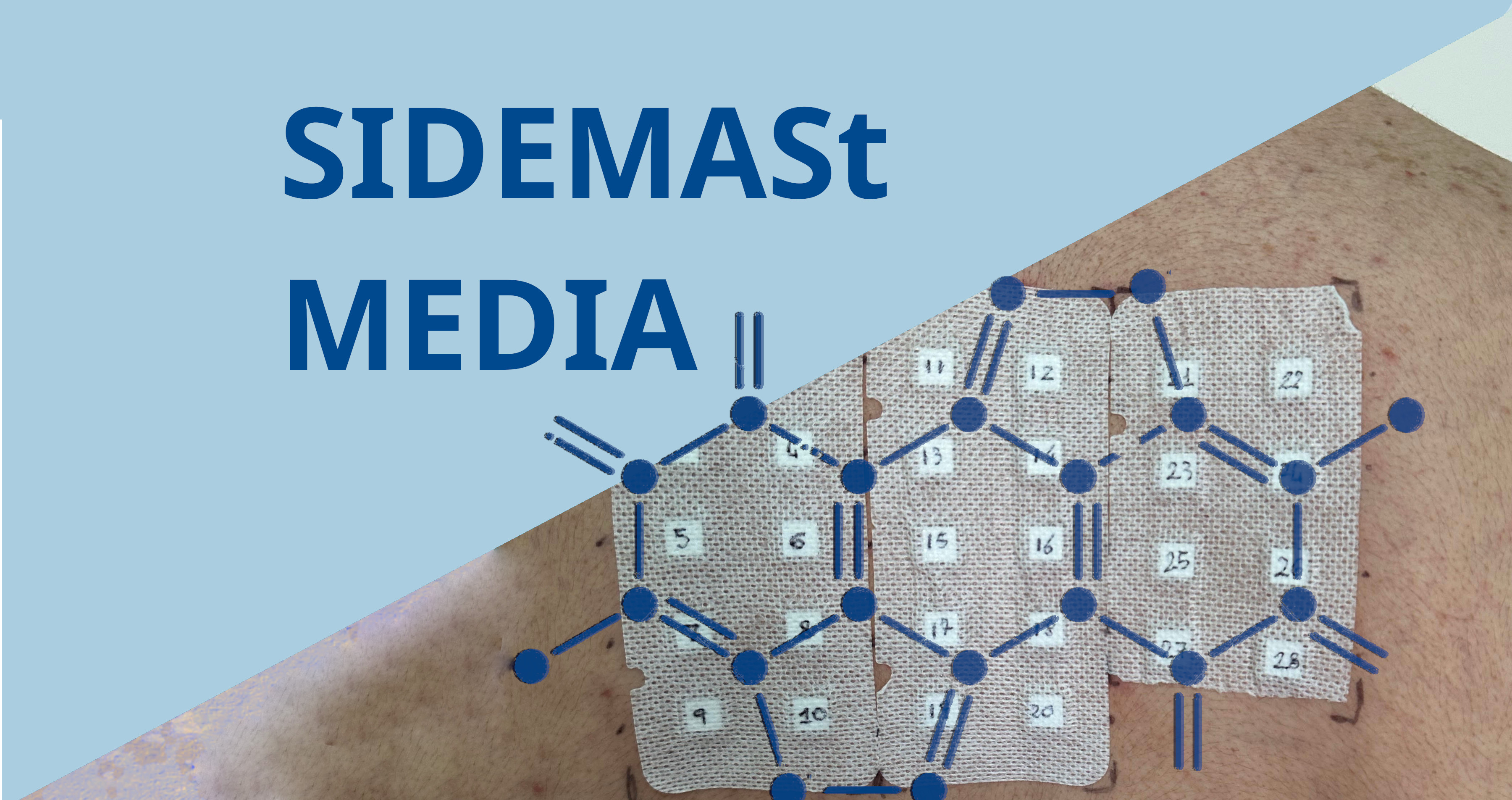The US Preventive Services Task Force (USPSTF) has concluded that the current evidence is insufficient to assess the balance of benefits and harms of visual skin examination by a clinician to screen for skin cancer in asymptomatic adults. The report appears in the July 26 issue of JAMA.
To update its 2009 recommendation, the USPSTF reviewed the evidence on the effectiveness of screening for skin cancer with a clinical visual skin examination in reducing skin cancer morbidity and mortality and death from any cause; its potential harms, including any harms resulting from associated diagnostic follow-up; its test characteristics when performed by a primary care clinician vs a dermatologist; and whether its use leads to earlier detection of skin cancer compared with usual care.
Evidence is adequate that visual skin examination by a clinician has modest sensitivity and specificity for detecting melanoma. Evidence is more limited and inconsistent regarding the accuracy of the clinical visual skin examination for detecting non-melanoma skin cancer.
However, evidence is inadequate to reliably conclude that early detection of skin cancer through visual skin examination by a clinician reduces morbidity or mortality.
Evidence is adequate that visual skin examination by a clinician to screen for skin cancer leads to harms that are at least small, but current data are insufficient to precisely bound the upper magnitude of these harms. Potential harms of skin cancer screening include misdiagnosis, overdiagnosis, and the resulting cosmetic and -- more rarely -- functional adverse effects resulting from biopsy and overtreatment.
Direct evidence on the effectiveness of screening in reducing melanoma morbidity and mortality is limited to a single fair-quality ecologic study with important methodological limitations. Information on harms is similarly sparse. The potential for harm clearly exists, including a high rate of unnecessary biopsies and the risk of overdiagnosis and overtreatment.
The USPSTF is an independent, volunteer panel of experts that makes recommendations about the effectiveness of specific preventive care services such as screenings, counselling services, and preventive medications.








